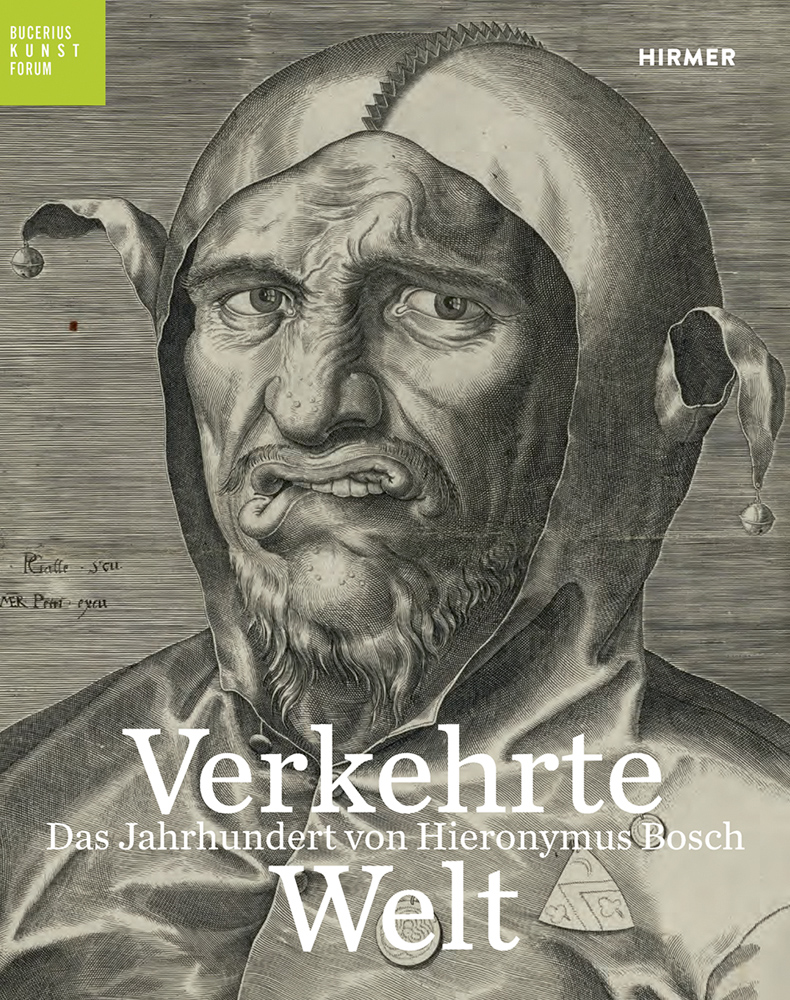
Schwartz 2016b
“Eine Welt ohne Sünde – Hieronymus Bosch als Visionär” (Gary Schwartz) 2016
[in: Michael Philipp (ed.), Verkehrte Welt – Das Jahrhundert von Hieronymus Bosch. Exhibition catalogue (Hamburg, Bucerius Kunst Forum, 4th June – 11th September 2016), Bucerius Kunst Forum-Hirmer Verlag, Hamburg-Munich, 2016, pp. 8-17]
In this catalogue contribution Schwartz examines how Bosch’s Last Judgement triptych (Vienna) and Garden of Delights triptych (Madrid) can be related to mental and metaphysical states that are considered dreams or visions. His conclusion is that Bosch’s hell scenes have things in common with medieval literature dealing with dreams and visions.
Schwartz pays a lot of attention to the Vision of Tondal, and (like many authors before him) he observes that the devil in the potty chair in the right interior panel of the Garden of Delights was most probably inspired by a passage from this text. Both Bosch and the author of the Vision of Tondal (brother Marcus) show a future which will not become a reality for their intended public: their goal is to warn of the punishments in Hell, in such a way that their public will never have to be punished in Hell. Therefore, Bosch does not primarily agree with the pictorial tradition but with the medieval tradition of sermons and literary visions.
In the left interior panel of the Vienna triptych Adam is sleeping. Schwartz wonders whether what we can see in the centre and the right interior panels is a dream vision of Adam showing the end of the world. If this is the case, the painting is far less pessimistic than it seems at first sight. The more impressive an artist or an author represents the tortures of Hell, the more he contributes to the salvation of his viewer or reader. Both Bosch and brother Marcus have tried to reach this goal.
According to Schwartz the centre panel of the Garden of Delights represents a vision of how the world could have been if the Fall of Man had not taken place and if God’s blissful wish (‘be fruitful and multiply’) had been fulfilled.
Schwartz believes that Bosch was more inspired by the Vision of Tondal than hitherto accepted. The amazing products of his rich fantasy always fit in with a Christian cosmos. His devils and monsters create an unpleasant atmosphere that can also occur in dreams, and just like the demons that tempted St Anthony, they confuse and frighten the pious Christian (in order to keep him away from sin). And is this not exactly the mission of a prophet or visionary?
[explicit 19th August 2018]